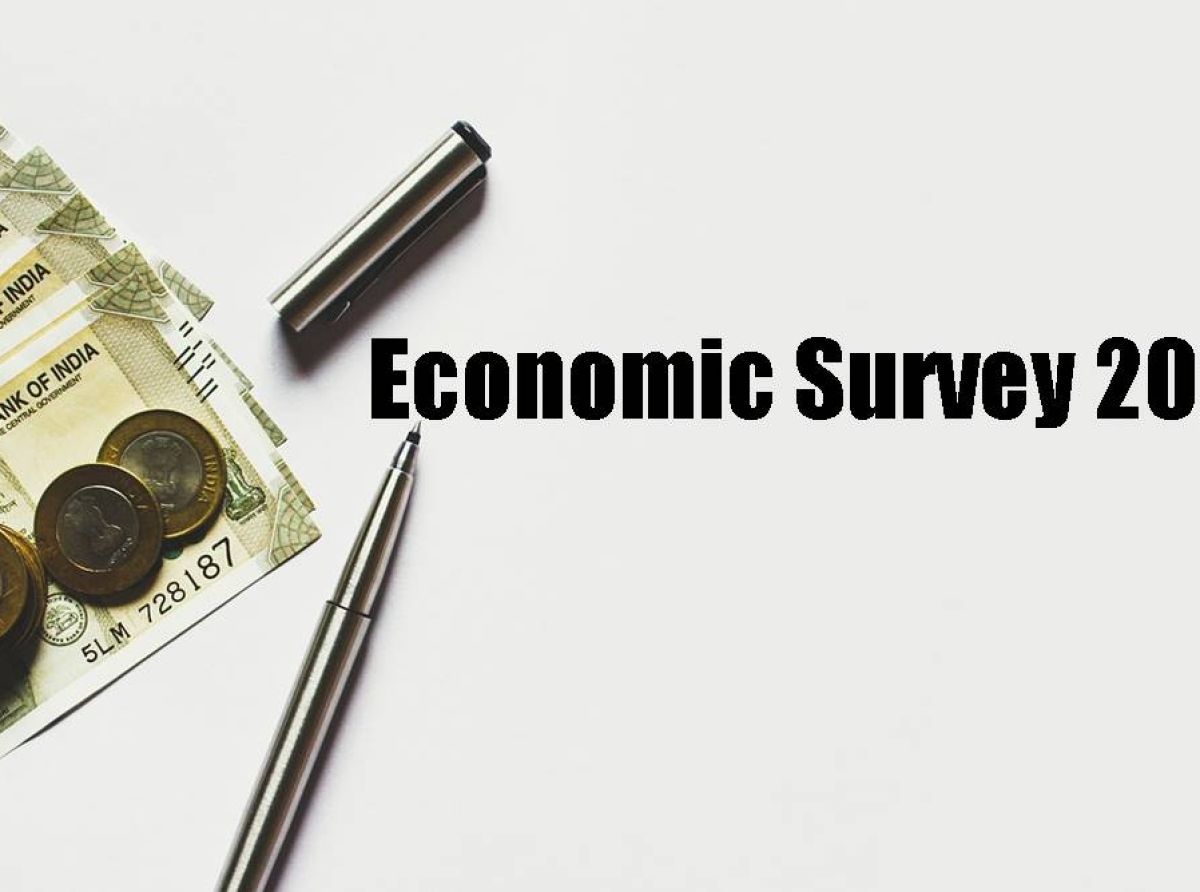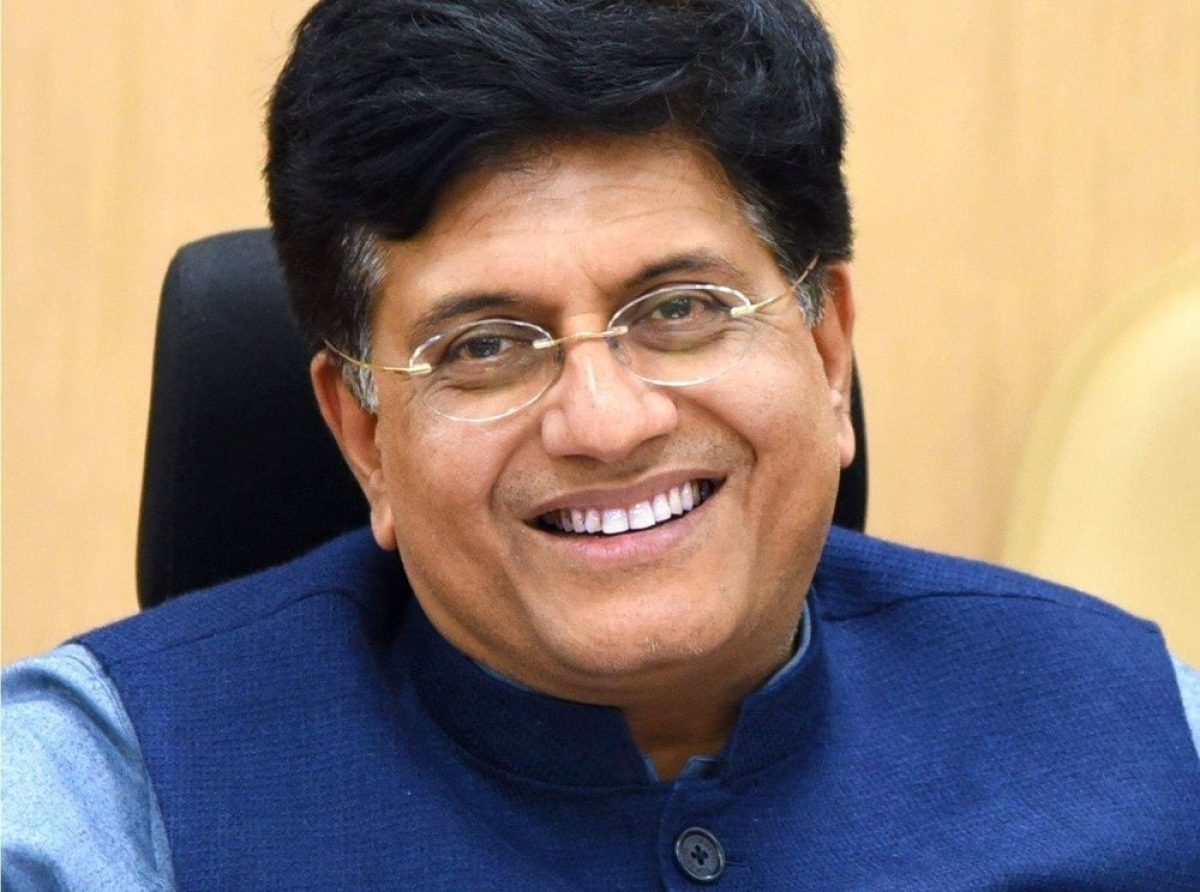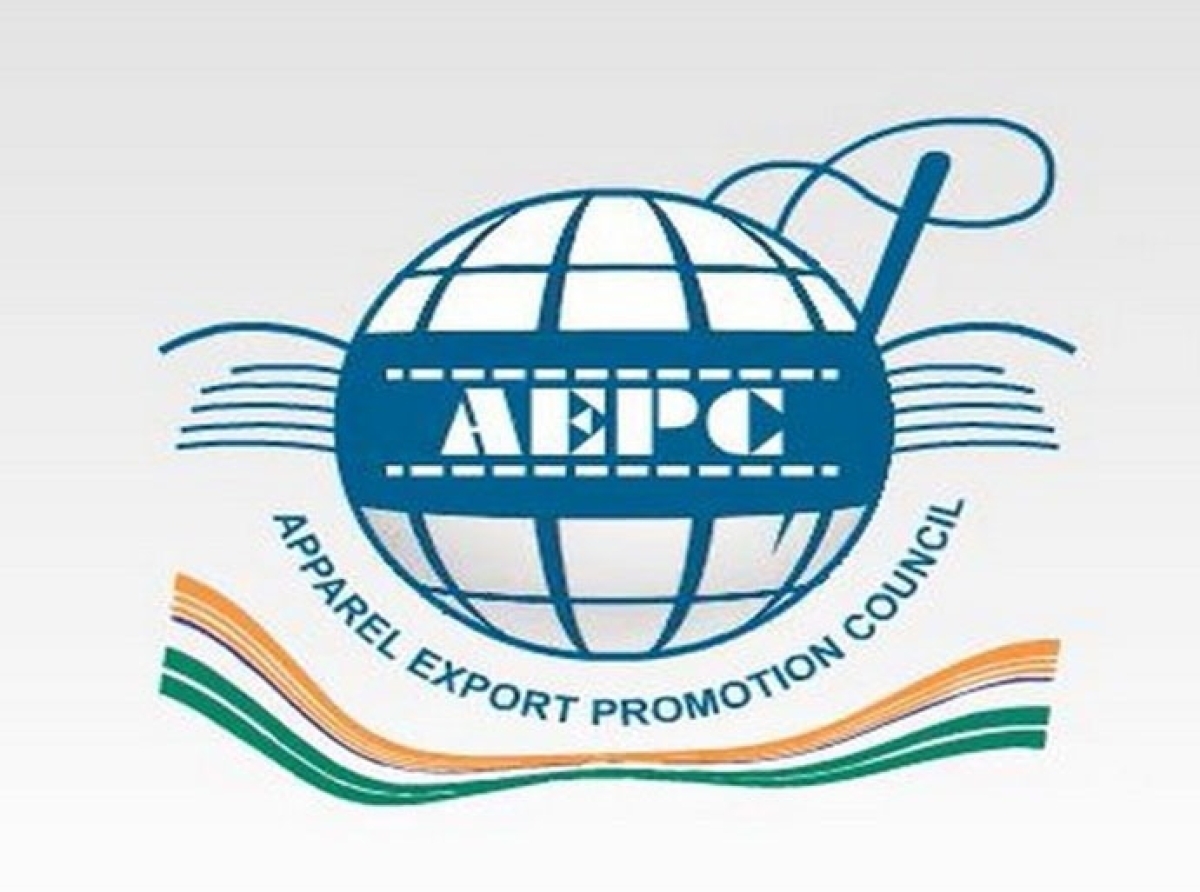11 March 2022, Mumbai:
The Embassy of India, Paris in collaboration with Apparel Export Promotion Council (AEPC) organized a webinar on ‘India-France: Market Opportunities and Areas of Cooperation for a Sustainable Textile and Fashion’ yesterday.
Dr. Praphullachandra Sharma, DCM, Embassy of India, Paris, gave the opening remarks. Ms. Shubhra, Trade Advisor, Ministry of Textiles talked about policy and sustainability targets and ambitions related to the Indian textile industry and sustainability.
Trade Advisor emphasized the fact that the Indian Government is employing different policies to improve productivity and reduce environmental pollution.

ALSO READ Economic Survey 2022: PLI scheme for textile industry to attract investments in next 5 years
“Initiatives like PM-MITRA which is establishing seven mega textile parks across the country would enable embedding sustainability in the value chain and would make the industry future-ready giving it a competitive edge globally,” the advisor said.
Speaking on the current status and outlook for Indian apparel exporters, AEPC Chairman, Narendra Goenka said, “Indian apparel industry is very well aware of the alarming fact that without sustainable supply chains, the fashion industry will become less and less viable.
NEWS ARTICLE Cabinet's Big Push Rs 4,445-crore nod under 'PM MITRA Yojana' to set up 7 mega textile parks
Sustainability is now counted as one of the major pillars of the apparel export business and a growth tool.
“India offers to the world a complete value chain solution from farm to fashion giving us a competitive edge towards efficient implementation and monitoring of the sustainability throughout the supply chain through triple bottom line (TBL) approach involving three pillars of sustainability that are economic, social, and environmental,” he said.

India has recently launched Project SU.RE which stands for ‘Sustainable Resolution’ - a firm commitment from the industry to move towards fashion that contributes to a clean environment.
Indian brands have pledged to source/ utilize a substantial portion of their total consumption using sustainable raw materials and processes, by the year 2025.
The webinar dwelled on various subjects from environmental sustainability like water usage, energy consumption, chemical loads, air emission, carbon emission, solid waste, and landfill, to circularity and social sustainability such as inclusivity, skilling, labour reforms, and women empowerment.
The importance of blockchain and traceability was also discussed.
The webinar, which had key speakers from LVMH, Fashion Green Hub, Decathlon, Jamini, and Intellecap, saw a huge response with more than 50 participants including manufacturers, retailers, designers, policymakers, start-ups, innovators in sustainable fashion and textile industries, consultants, export councils, and government bodies.
RELATED ARTICLE AEPC, N.Goenka, Chairman: The extension of the Emergency Credit Line Guarantee Scheme (ECLGS) to bring relief to apparel exporters
Join our community on Linkedin
CREDITS: PIB.

























